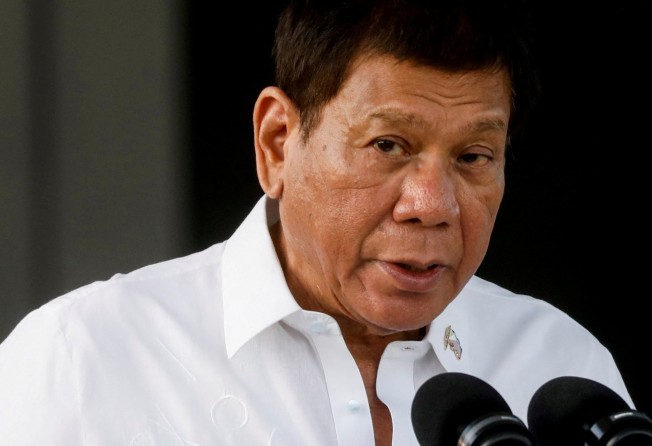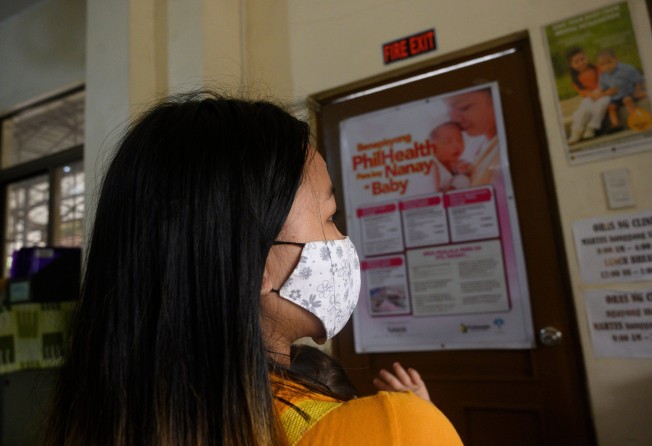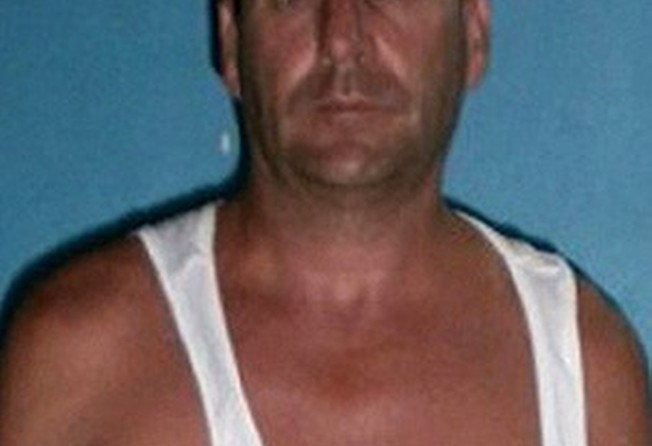
‘Ending child rape begins today’: Philippines raises age of sexual consent from 12 to 16
- Campaigners hope move will mean the country – which previously had lowest age of consent in Asia – is no longer easy prey for paedophiles and cybersex criminals
- A ‘Romeo and Juliet’ clause will protect young, genuine lovers and the law will close loopholes such as an exemption in cases where victims agreed to marry their abuser

The Philippine President Rodrigo Duterte has signed into law a bill raising the age of sexual consent from 12 to 16.
The move is aimed at protecting minors from sexual abuse and pushing back against the country’s reputation as one of the world’s capitals for paedophiles and cybersex criminals.
Under the new law, anyone found to have had sexual intercourse with a Filipino below the age of 16 will have committed the crime of “statutory rape”, unless both parties are in love and the age gap between them is less than three years. If one of the parties is below 13 it is rape regardless of the circumstances.
Romeo Dongete, convenor of the Child Rights Network, which has lobbied for the law change for decades, hailed the news as “a victory for the Filipino children. The road to ending child rape begins today.”
“We did it!” added opposition senator Risa Hontiveros, the bill’s main sponsor in the Senate.
Dongeto said the Philippines had previously had the youngest age of sexual consent in Asia and that 16 was the global average.hong
The new law will close loopholes in the Revised Penal Code, which dates back 90 years and had been criticised by campaigners as out of date.
Previously paedophiles were able to hide behind the claim that a child as young as 12 had consented to the act, said Dongeto, whose NGO group works closely with Unicef, the United Nations International Children’s Emergency Fund.

The NGO group had also criticised the old law for enabling prosecutors to traumatise victims during court trials. To prove its point the group had secured transcripts of trials in which minors were asked to describe the sexual organ of their attackers, whether they “enjoyed it”, and told that God would be “mad” at them if they lied.
Under the new law, victims between 12 and 15 will need only to prove their age and whether the sexual act took place – and not whether they “consented” to it.
Lawmakers had long resisted such a law change, despite public clamour. However, pressure grew when UNICEF and the World Health Organization, along with local NGOs – the Centre for Women’s Resources and the Council for the Welfare of Children – conducted a nationwide survey in 2015 of 3,866 young people between the ages of 13 and 24.
The study found that “one in every five children in the Philippines [19.1 per cent] aged 13-17 years old reported experiencing sexual violence, while one in 25 [4.8 per cent] of all respondents experienced forced consummated sex during childhood”.
The UN officials behind the report – Gustavo Gonzales, resident coordinator and head of all UN agencies in Manila, Unicef Philippines representative Oyunsaikhan Dendevnorov and WHO Philippines representative Rabindra Abeyasinghe – recommended in July 2021 that the age be raised to below 16.
A victory for the Filipino children
‘Romeo and Juliet clause’
However, they also urged Philippine lawmakers to adopt what they called the “close in age exemption [to] avoid criminalising adolescents of similar ages for factually consensual and non-exploitative sexual activity.”
Their recommendation was taken up by the senate, which inserted a “Romeo and Juliet [or] sweetheart clause, which the lower house eventually adopted”, according to senate majority whip Juan Miguel Zubiri.
Under the clause, “there shall be no criminal liability on the part of a person having carnal knowledge of another person under 16 years of age when the age difference between the parties is not more than three years, and the sexual act in question is proven to be consensual, non-abusive, and non-exploitative.”

The new law also removes the “marriage as forgiveness” exemption under the Revised Penal Code, under which the accused could previously be exonerated if the victim agreed to marry them.
It also equalises penalties for rape. Previously, those found guilty of the statutory rape of girls faced punishments up to life imprisonment while those who raped boys faced punishment of between six and 12 years in jail.
Meanwhile, people who patronise or provide the services of child prostitutes and for those involved in child trafficking and exploiting children in “obscene publications and indecent shows” will face jail terms if the children involved are aged under 16. Previously the law related only to offences against children under 12.
In 2013, a former Australian teacher at an international school in Hong Kong was arrested in the Philippines for allegedly sexually abusing four boys, aged nine to 12.
Hilton Munro initially denied the charges. He hanged himself two years later while awaiting trial.